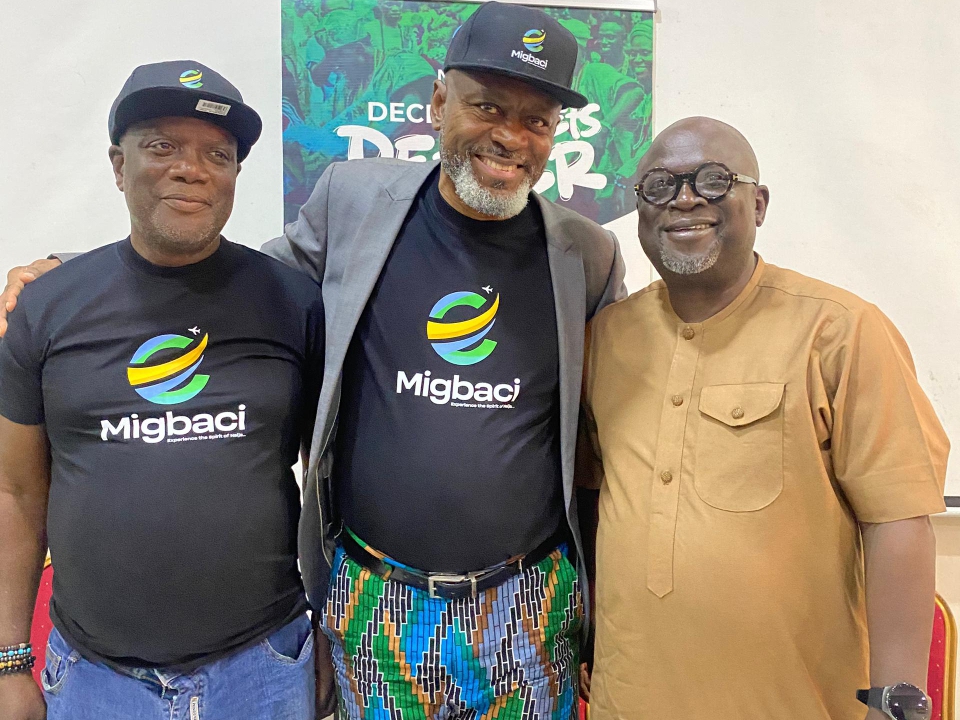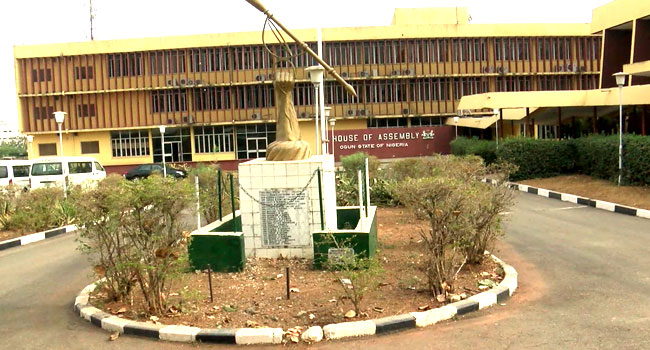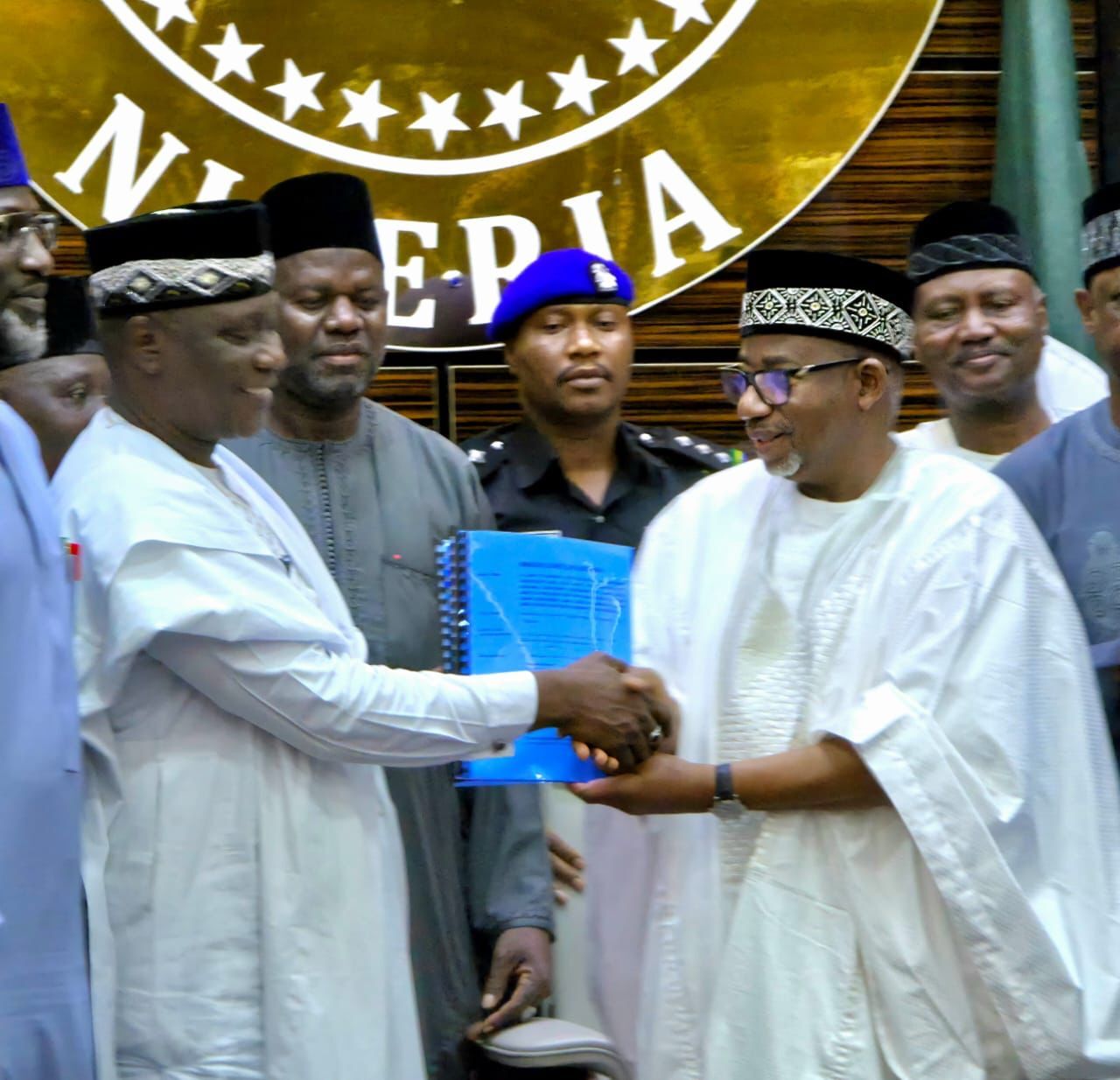Aimed at addressing Nigeria’s long-standing neglect of its tourism sector, Migbaci Expo, a cultural and tourism exhibition scheduled to hold from December 11 to 13, at The Lekki Coliseum Lagos, is set to establish a roadmap for sustainable tourism development in the country.
With Imperative of Tourism to National Development, the three-day expo organised by Medulla Motifs will attract over 15,000 participants from all over Nigeria and abroad including the Irish Commissioner and other foreign delegates, with hundreds of thousands more anticipated to join via social media platforms.
The expo will serve as a platform for operators, stakeholders, and visitors within the hospitality and tourism sectors. It will also serve as a platform for training, setting agendas, driving investments, and fostering interstate collaborations. States will be invited to showcase their unique cultural sites and tourism offerings.
At the expo, sector operators will showcase their products under categories such as Eatopia, featuring top restaurants and eateries; Staycation, with high-end and budget hotels, resorts, and short-lets; and Nightendo, curating top nightclubs and lounges. Other categories include Eventopia, listing concerts and festivals especially during the ‘Detty December’ experience; Shopaholics Paradise, highlighting malls and markets for both local and international offerings; Lagos Fashion Fair showcasing the latest fashion trends; the Nigeria International Film and TV Summit for film and television professionals; and the Africa Film Finance Forum, providing a platform for filmmakers to network and secure project funding.
The CEO, Migbaci Expo, Akinwale Alabi, during a media briefing recently, emphasised the urgent need for deliberate government investment to revive Nigeria’s tourism industry and disrupt its current stagnation for the benefit of the economy.
Alabi highlighted tourism’s significant role in national development, citing its contributions to economic growth, job creation, infrastructure development, and cultural preservation.
He noted that a thriving tourism sector could lead to increased investments in essential infrastructure such as airports, railways, roads, hotels, and recreational facilities, which would create thousands of jobs and generate substantial foreign exchange from visitors.
“The Expo will be an eye opener to what Nigeria has and what we’re failing to harness. There is a full year-round calendar of tourism events in Nigeria that neither the government nor the private sector is leveraging. What some countries depend on for survival isn’t even half of what Nigeria has in tourism potential.”
He compared Nigeria’s tourism potential to that of Zanzibar in Tanzania, which reportedly earns 80 per cent of its foreign exchange from tourism and 27 per cent of its GDP. Alabi pointed to Badagry as an example of a Nigerian destination that could surpass such benchmarks if properly developed.
While lamenting the lukewarm approach by many Nigerian states toward tourism development, Alabi commended the Lagos State government for actively identifying and investing in the sector in collaboration with the private sector.
Alabi called for intentional efforts toward tourism development, citing Rwanda’s global attention through sponsorship of the English Premier League as a contrast to Nigeria’s underutilised investments like the Tinapa Resort in Cross River State.






